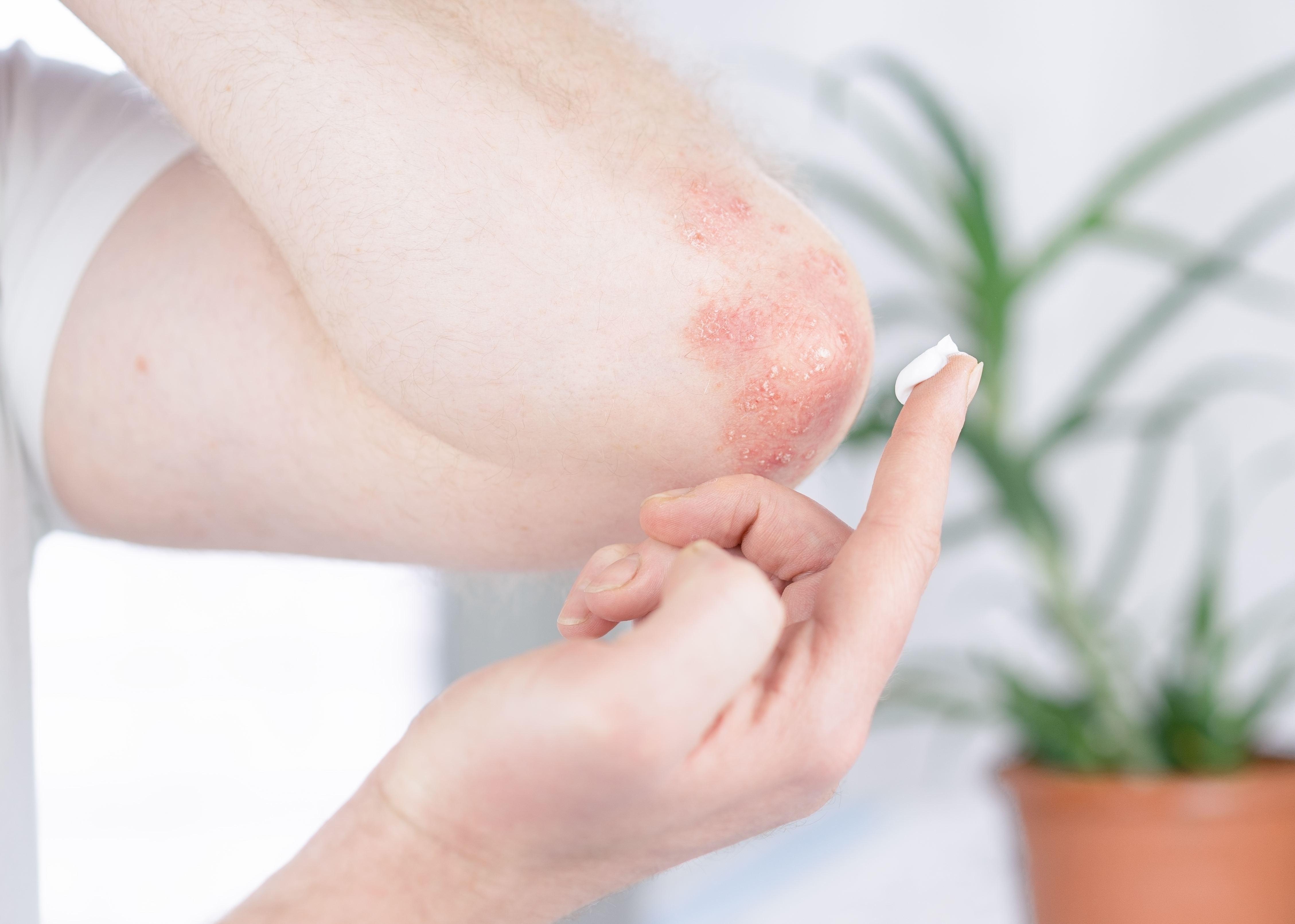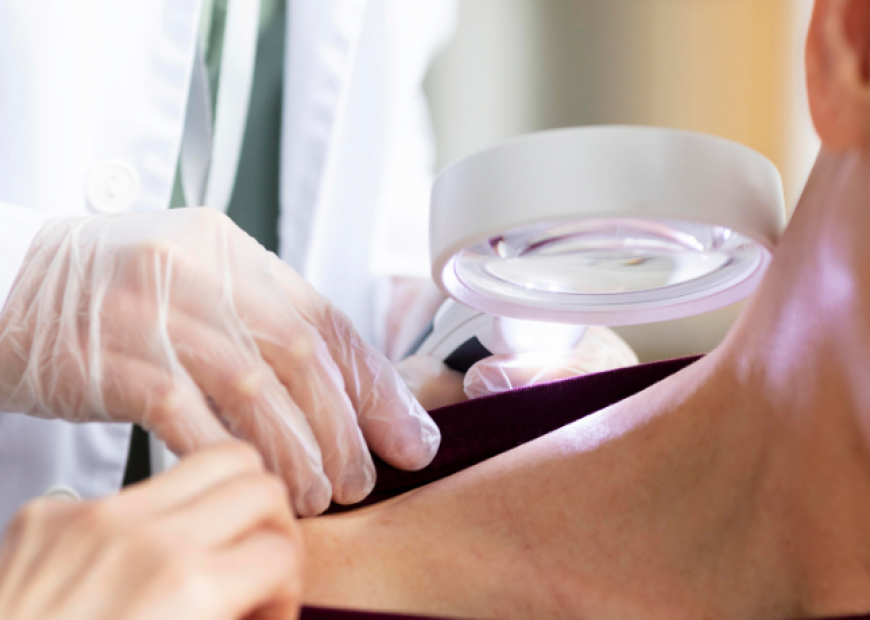Home Remedies for Psoriasis: Effective Ways to Supplement Medical Treatment
Consulting a board-certified dermatologist on top of home and lifestyle remedies will greatly improve one’s journey with psoriasis.
Psoriasis is a chronic skin disease where skin cells multiply at a rapid rate. While there is no definitive root cause of it, findings suggest psoriasis happens due to an abnormality in the body’s immune system.
People with psoriasis will experience this chronic skin disorder throughout their lives. While psoriasis has no permanent cure yet, the disorder is not fatal. However, it can affect a person’s lifestyle greatly due to many factors such as constant itchiness and changes in skin appearance.
PSORIASIS HOME REMEDIES
Psoriasis needs to be treated by a board-certified dermatologist once symptoms like rashes or redness in the skin show up. A dermatologist will need to diagnose what type of psoriasis a patient has, as it comes with several types. Further, psoriasis can be triggered by many things we ingest or the things that we expose our skin to, so it’s important to take the first step to treating psoriasis by consulting with a dermatologist. .
Once properly diagnosed, people with psoriasis can do home and lifestyle remedies to prevent severe itchiness and redness. Here are some remedies one can do:
 Applying the appropriate skin care product can help milden the symptoms of psoriasis.
Applying the appropriate skin care product can help milden the symptoms of psoriasis.
Maintain a healthy diet - Eating healthily may reduce the chance of psoriasis flaring up. In particular, fish, nuts, and food rich in omega-3 fatty acids can reduce the risk of inflammation.
Take appropriate supplements - The National Psoriasis Foundation recommends certain vitamins and supplements such as vitamin D, fish oils, and aloe vera to help ease inflammation and irritation.
Avoiding harsh skin products - Avoid skin products that contain chemicals. It is best to consult with a dermatologist first, but a good starting point is to select products that are organic and made for sensitive skin.
Soak and moisturize - Since psoriasis causes dry and flaky skin, bathing in lukewarm water is essential as hot water can inflame the skin. Doing oatmeal milk or sea salt baths can also greatly relax the skin. There are also specific bath gels meant for psoriasis you can use
Use humidifiers - There are many affordable humidifiers that can moisten the surrounding air where you work or stay. Keeping one up in your office or your room will help lessen the formation of plaques common in psoriasis.
Reduce stress - Psoriasis can worsen if one succumbs to stress often. The stress in our bodies can trigger adverse reactions such as itchiness. Managing one’s stress will be important in keeping psoriasis in check.
Quit smoking and lessen alcohol intake - Like with many diseases, the risk of psoriasis worsens the longer a person smokes. Avoiding alcoholism is also vital as alcohol can trigger adverse reactions due to psoriasis.
LIVING WITH PSORIASIS
Psoriasis is a prevalent skin condition that can leave a lot of people insecure and stressed due to its itchiness and appearance. According to the World Psoriasis Day consortium, 125 million people are afflicted with psoriasis.
Living with psoriasis can be managed through medical care and lifestyle remedies. Besides all of the skincare products and lifestyle interventions, getting treated by a board-certified dermatologist is still the most important step in treating psoriasis. St. Luke’s Department of Dermatology offers quality medical treatment for psoriasis, most notably phototherapy — where ultraviolet (UV) rays are safely used to reduce the growth and inflammation of the skin cells.
For inquiries on psoriasis treatment procedures, please contact the Product Information Hub at 0919-057-7744 (call) or at 0919-160-7744 (text). You may also email at productinfo@stlukes.com.ph.
Sources:
14 Natural Treatments & Home Remedies for Psoriasis Relief, WebMD
Psoriasis - Diagnosis and treatment, Mayo Clinic
12 Ways to Treat Psoriasis at Home, Healthline
Psoriasis: Symptoms, Causes Treatment, Plaque Psoriasis, Cleveland ClinicThe National Psoriasis Foundation: National Psoriasis Foundation





